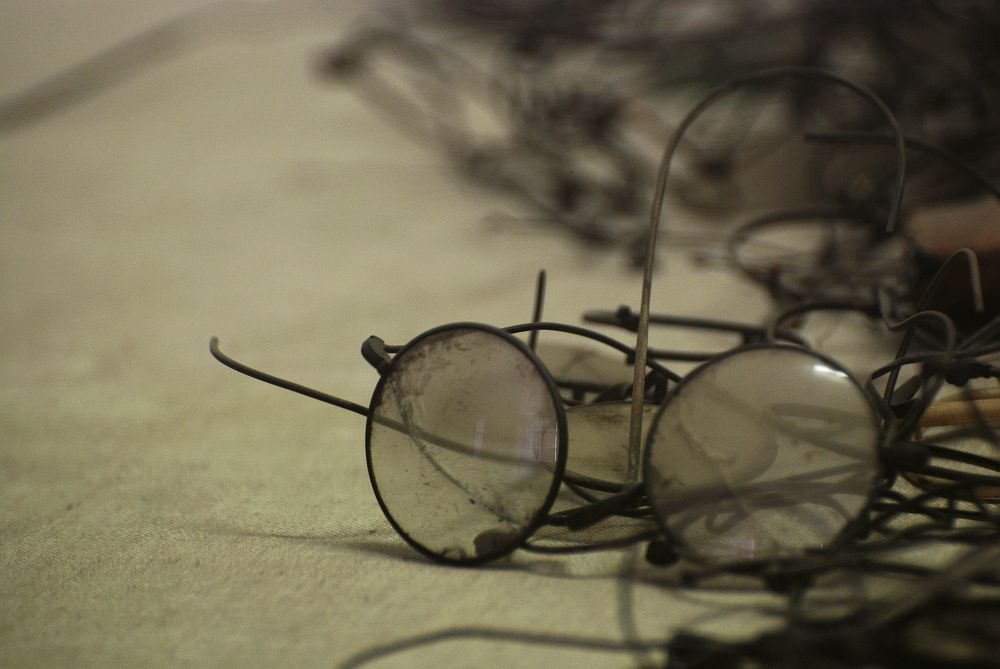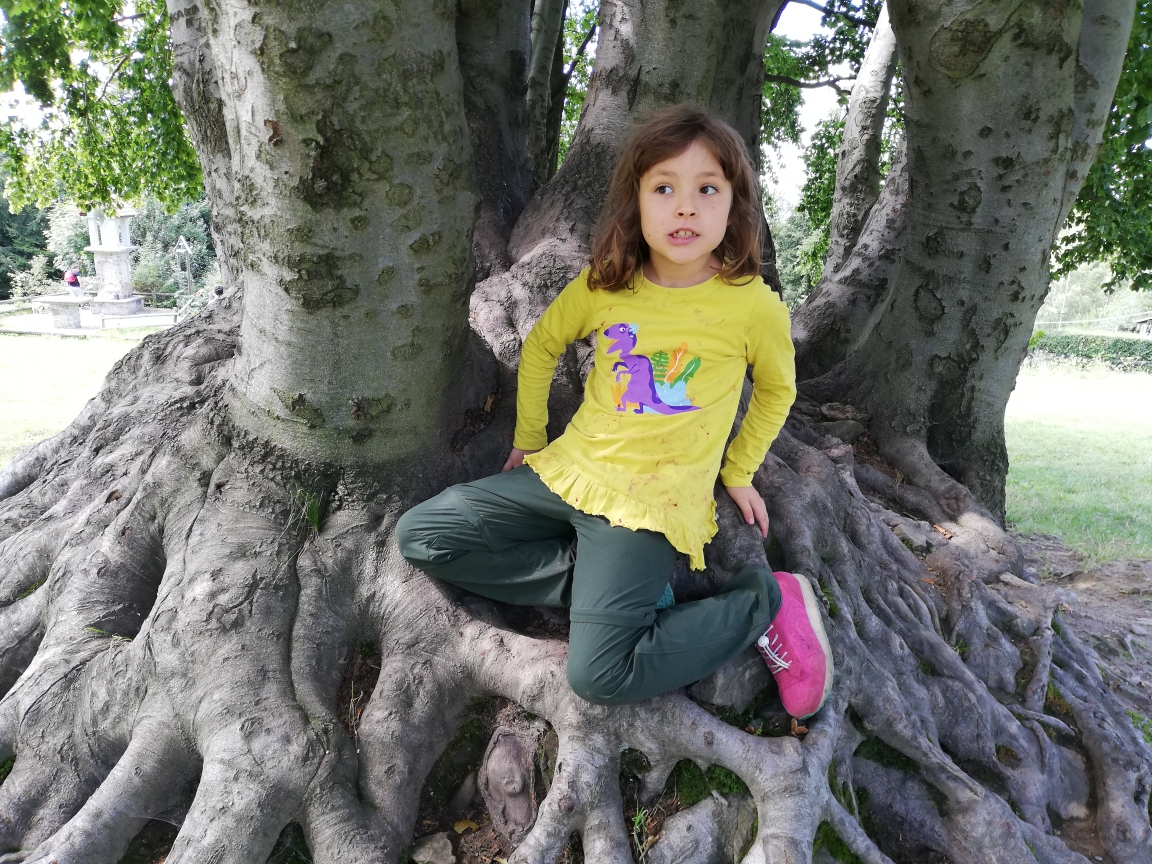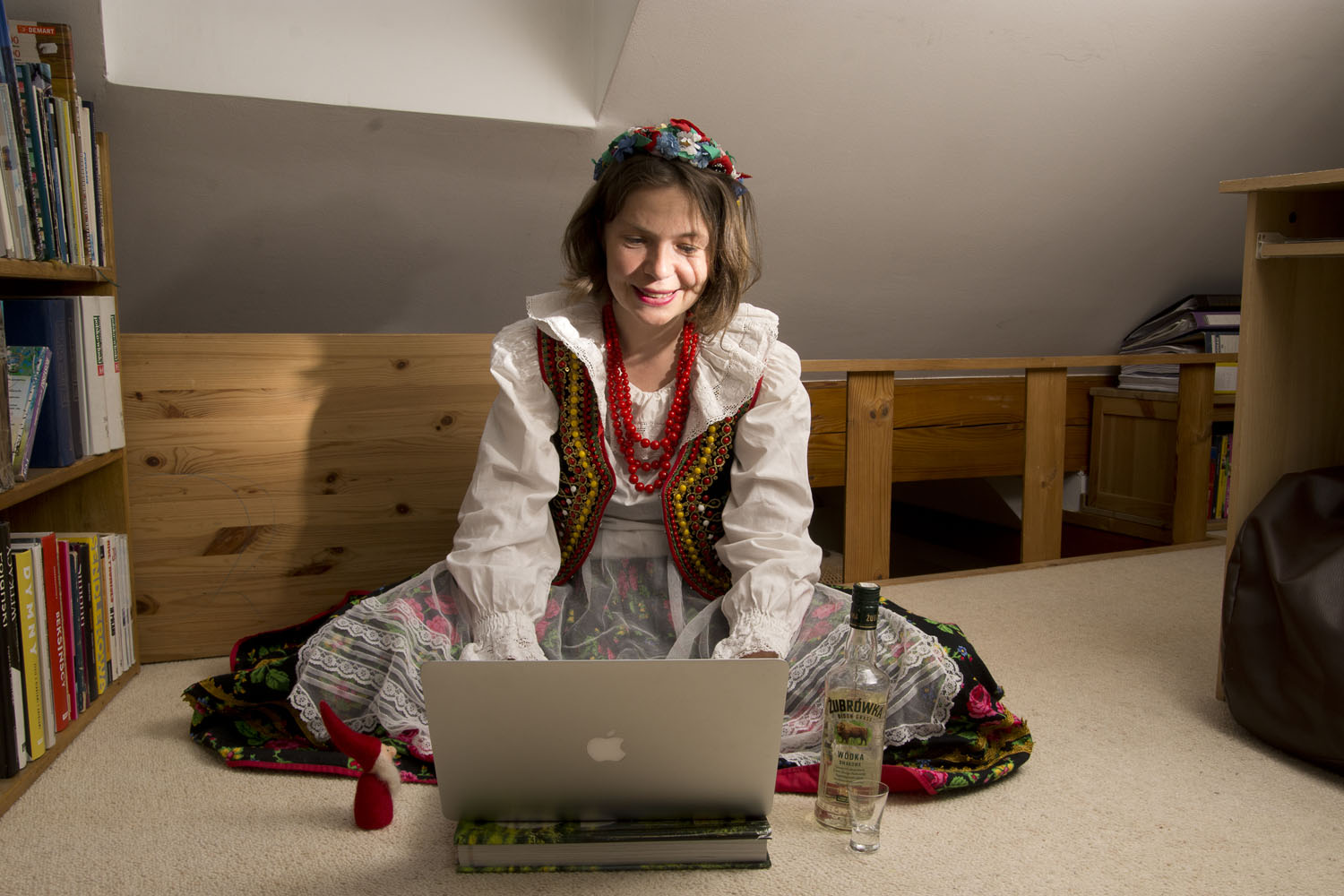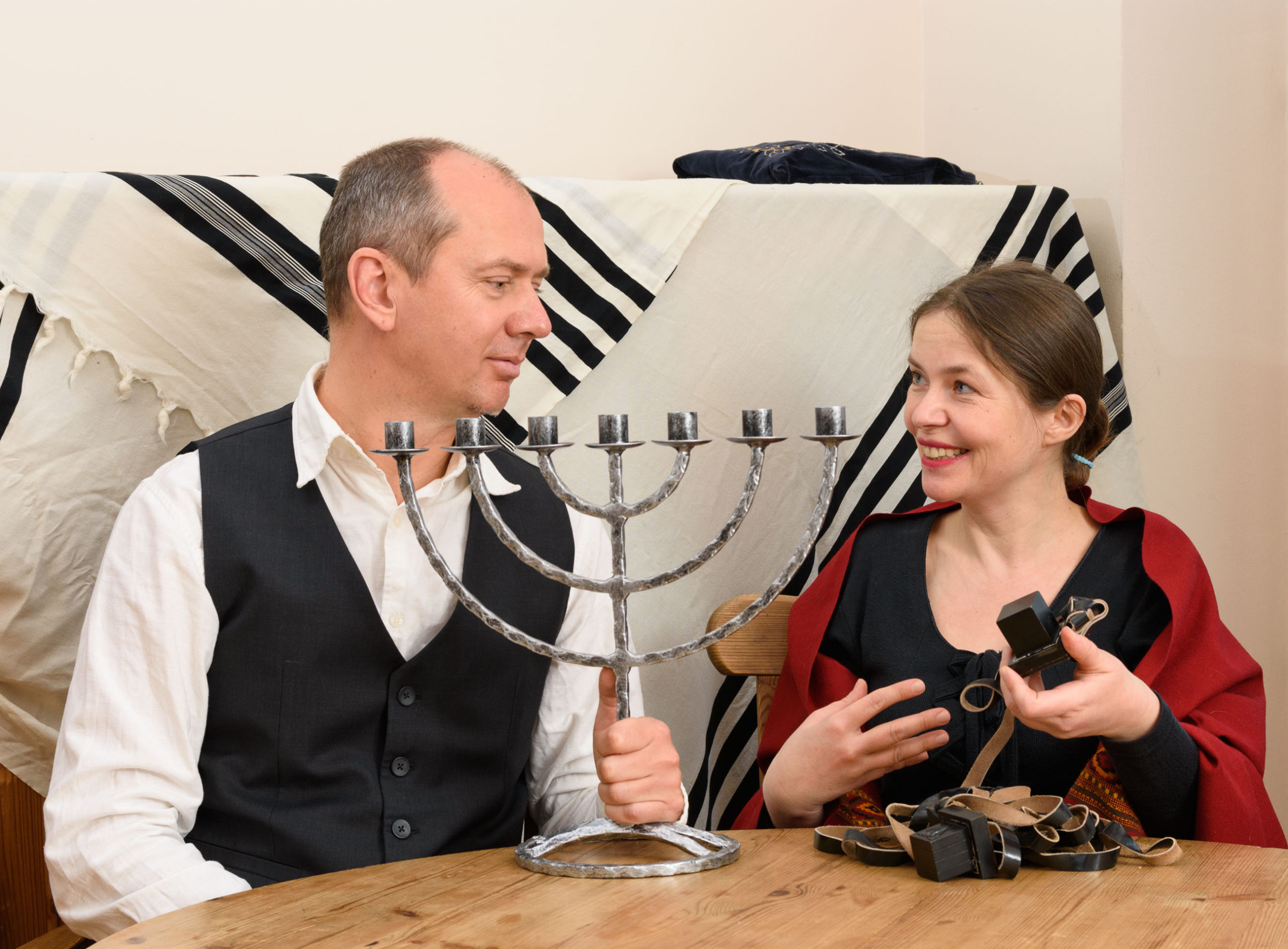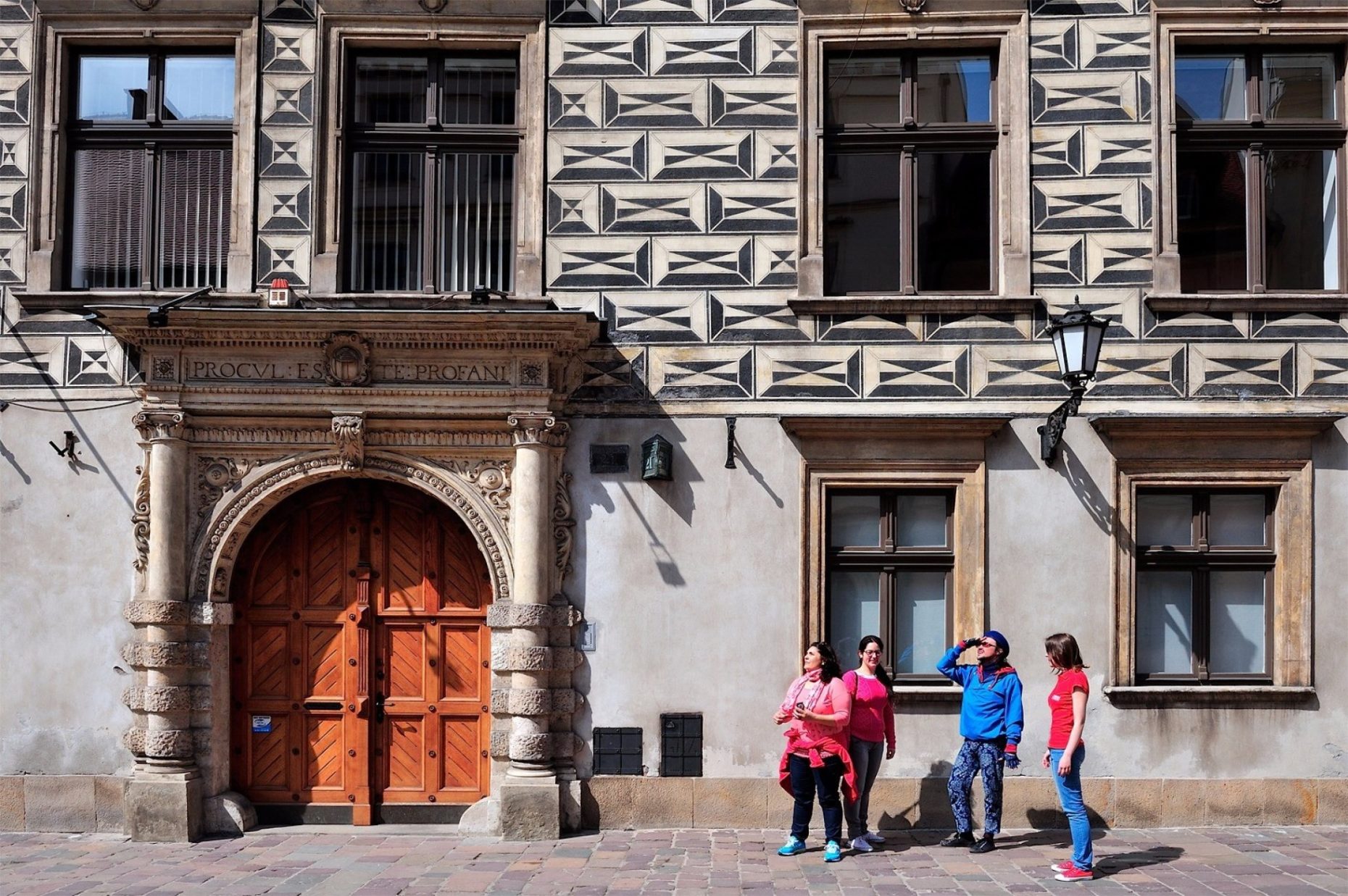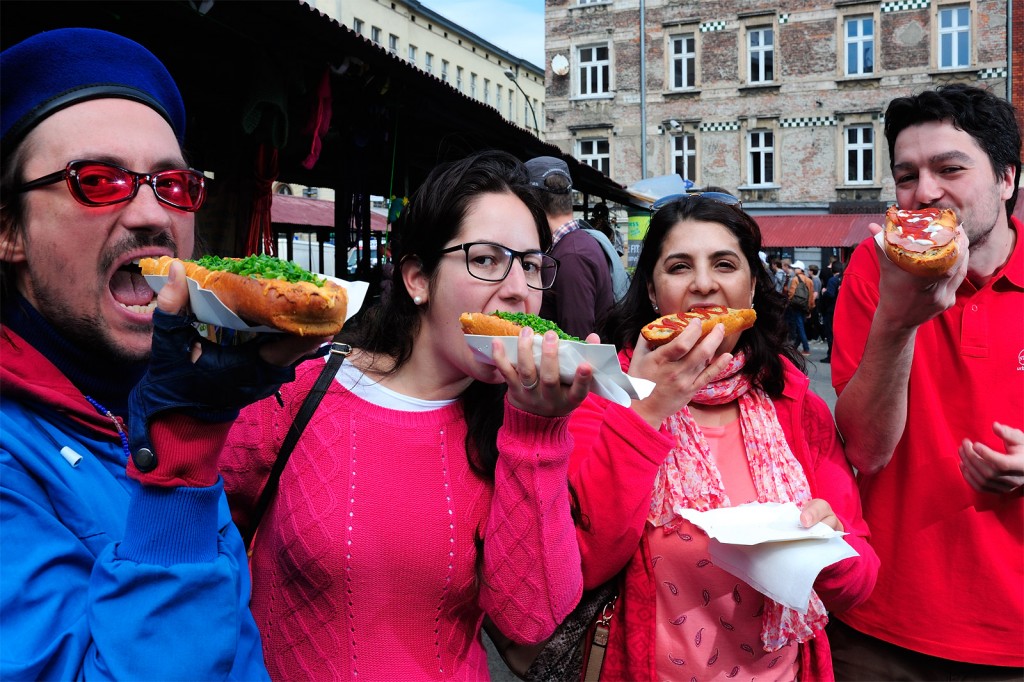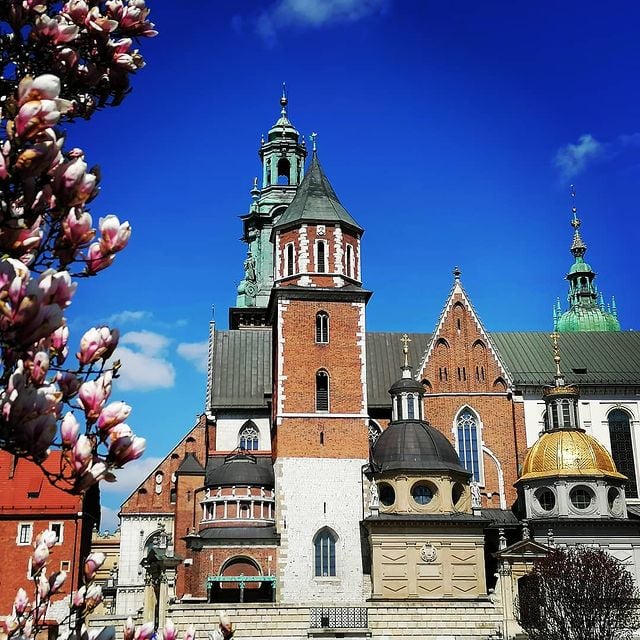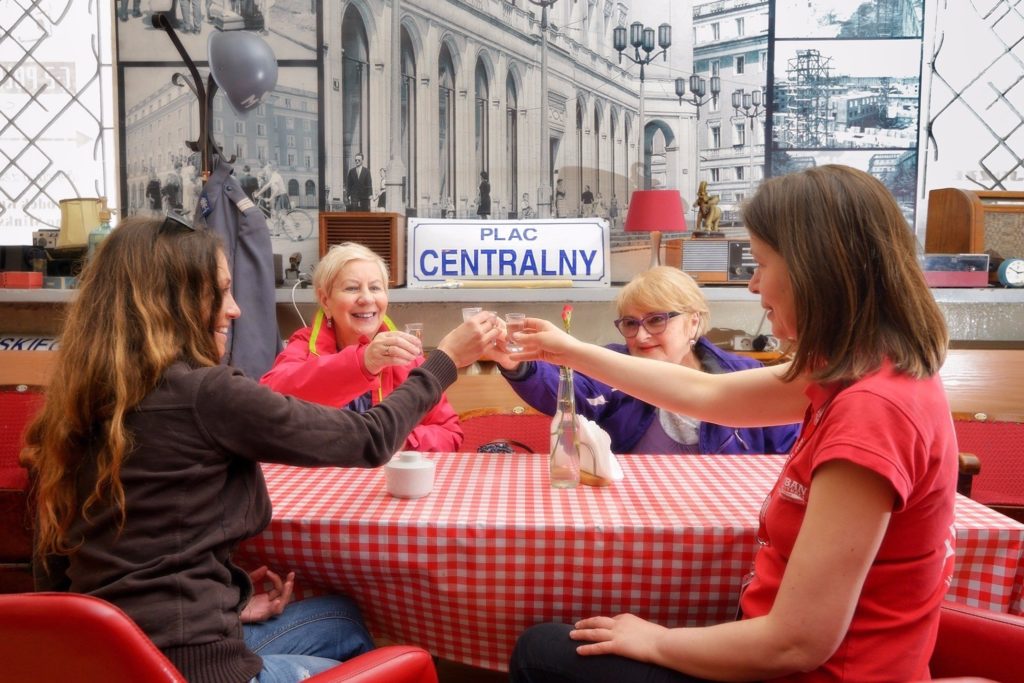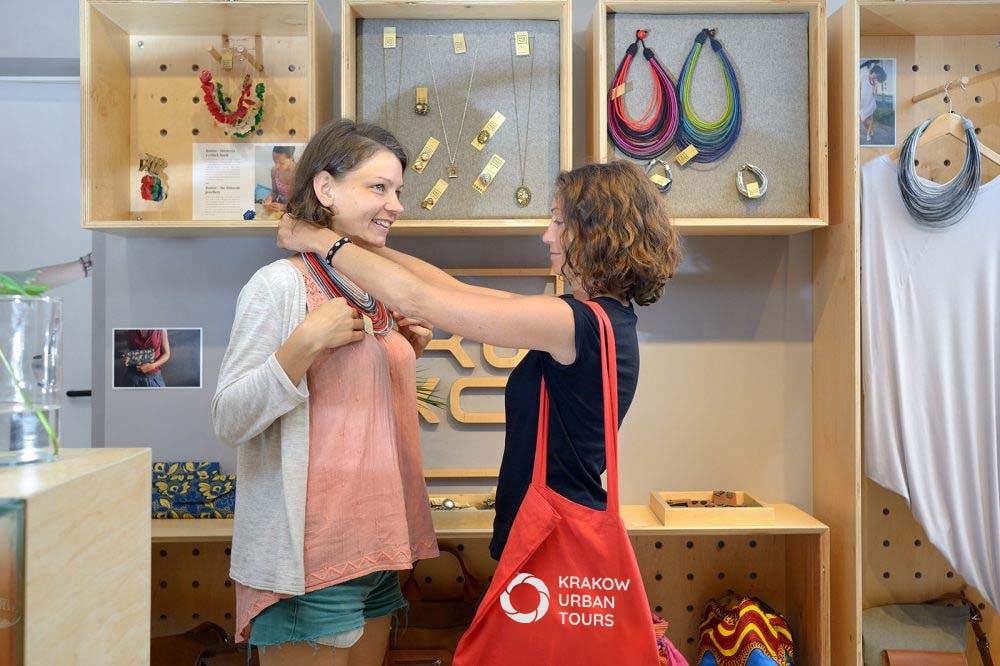Tadeusz Kantor
Tadeusz Kantor, born on April 6, 1915, in Wielopole Skrzyńskie, Poland, was a visionary artist whose innovative approach to theater has left an indelible mark on the world stage. His profound exploration of memory, existence, and the human condition continues to resonate with audiences globally.
Cricot 2
In 1955, Kantor founded the experimental theatre company Cricot 2 in Kraków. Initially, the troupe focused on staging works by the avant-garde playwright Stanisław Ignacy Witkiewicz, known as Witkacy. However, as Kantor’s artistic vision evolved, Cricot 2 became a platform for his original creations, allowing him to delve deeper into his unique theatrical concepts. One of the most seminal productions from this period was “The Dead Class” (“Umarła klasa”) in 1975. This groundbreaking performance introduced Kantor’s “Theatre of Death,” a form that blurred the lines between life and art, past and present. In “The Dead Class,” actors portrayed elderly individuals returning to their old classroom, accompanied by mannequins representing their younger selves. This poignant juxtaposition served as a powerful commentary on the passage of time and the inescapable nature of memory. Kantor himself appeared on stage as a conductor of sorts, orchestrating the unfolding memories and ensuring the seamless interplay between actors and their mannequin counterparts.
Happenings
Kantor’s innovative approach extended beyond the confines of traditional theatre. He was a pioneer of happenings in Poland, orchestrating events that dissolved the boundaries between performers and spectators, art and everyday life. His 1965 happening, “Cricotage,” exemplified this philosophy, inviting audiences to engage directly with the artistic process and challenging conventional perceptions of art consumption.
The universal themes embedded in Kantor’s work, such as the exploration of personal and collective memory, the transient nature of existence, and the interplay between reality and illusion, have garnered international acclaim. Cricot 2’s productions toured extensively, captivating audiences across Europe, the United States, and Asia. The raw emotional intensity and innovative staging of performances like “The Dead Class” transcended cultural and linguistic barriers, offering a visceral experience that resonated deeply with diverse audiences.
Exhibition
For those eager to immerse themselves in Kantor’s artistic legacy, a visit to Cricoteka in Kraków is indispensable. Established by Kantor in 1980, Cricoteka serves as a living archive, museum, and exhibition space dedicated to preserving and promoting his work. Housed in a striking modern building along the Vistula River, Cricoteka offers visitors an intimate glimpse into Kantor’s creative universe. The museum features a permanent exhibition showcasing original props, costumes, photographs, and video recordings of his performances. Additionally, temporary exhibitions delve into various facets of his artistic endeavors and their contemporary interpretations. Engaging workshops, lectures, and meetings are regularly organised to provide deeper insights into Kantor’s methodologies and his enduring influence on modern art and theatre.
Visit Cricoteca with Krakow Urban Tours
Cricoteka is located at Nadwiślańska 2-4, 30-527 Kraków, Poland. Contact us at info@krakowurbantours.com before planning a visit, so we will check the opening hours and provide you with tickets and a good guide who tae you there. A journey to Cricoteka not only offers a profound understanding of Tadeusz Kantor’s revolutionary contributions but also serves as an invitation to explore the rich culture of Krakow.

